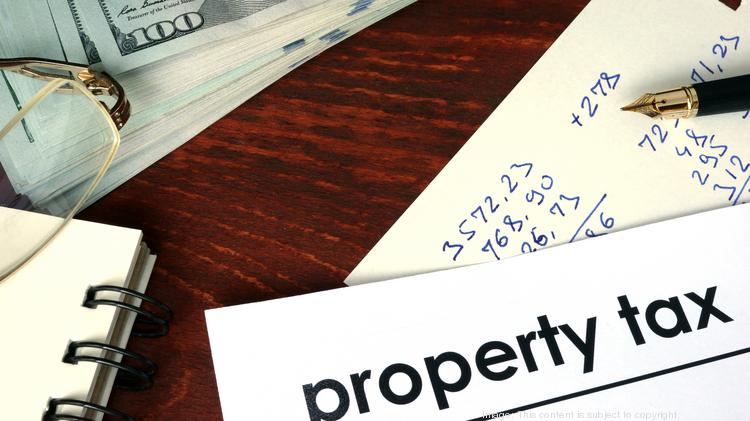If you’re like me, you don’t enjoy paying more tax than necessary. One area to occasionally review is your property taxes, and there’s still time to review and appeal if you may be paying tax on a higher home value than what it might sell for on the open market. Despite possible savings of thousands of dollars, only 2% of homeowners appeal their assessments, which is the first step in lowering real estate taxes.
And here’s an even bigger disconnect: Some 60% of properties are overvalued by assessors, according to the National Taxpayers Union. Having appealed for fair assessments of my home and investment properties, I would suggest the process is not complicated, nor should you feel intimidated if asked to defend your appeal in person.
For example, Hamilton County asks for a simple, one page “complaint” form and is required to be submitted before March 31st. The process is outlined here, but if don’t live in Hamilton County, you’re a simple google search away to discover the process of your county. I suggest to Google “property value appeal process for (BLANK) county, (STATE)”.
While the process is surprisingly easy, you should first make an honest assessment of what your property is worth and compare this with what the county auditor states either online or on your recent tax bill. Your initial assessment could be based on a number of sources such as: www.zillow.com, comparable sales in the neighborhood, a realtor’s opinion, or a formal report completed by an independent appraiser. The last item will cost several hundred dollars, so make sure the cost is worthwhile.
Beyond adjusting your value due to market fluctuations, here are several other items to consider:
1. Check your property description. If your assessor has you down for four bedrooms — and you only have three — you can correct the error if they visit your property or you submit building drawings. Less living space, of course, means a lower tax bill. Your property description should be accurate in terms of square footage, rooms and amenities.
2. Do you qualify for exemptions? You automatically receive a “homestead” exemption for living in your home and not renting it out. Exemptions are also available for seniors, veterans and the disabled. To find out if you qualify, check out your assessor’s website or call them.
3. Your property has some special issues. Let’s say a natural disaster hit your neighborhood and a tree fell on your house or there’s other damage you haven’t been able to repair. Or your neighborhood was flooded. You can note these circumstances and ask for a lower assessment.
4. You transacted a recent sale and have a current appraisal. Whether you refinanced, just purchased your home, or had it appraised for other reasons, if a professional appraiser says your house is worth less than its assessed value, that’s usually pretty solid evidence.
Most county auditors do their best to get all of your home facts and values accurately reflected on your tax bill. But, let’s face it, mistakes happen, markets change and you should review your home every few years to ensure you are paying tax on what a reasonable person might buy your house from you.
Author: Rob Siegmann is a partner and chief operating officer of Total Wealth Planning, a fee-only fiduciary financial planning firm in Cincinnati (Blue Ash), Ohio. He is often quoted in industry publications such as The Cincinnati Business Courier, Wall Street Journal, Yahoo finance, Financial Planning Magazine, Cincinnati Enquirer as well as others. Rob is grateful to serve others, including his team of CERTIFIED FINANCIAL PLANNER™ practitioners and the clients they serve, so they can live their greatest life through well informed and prudent financial decisions. Rob can be reached at rsiegmann@twpteam.com.







